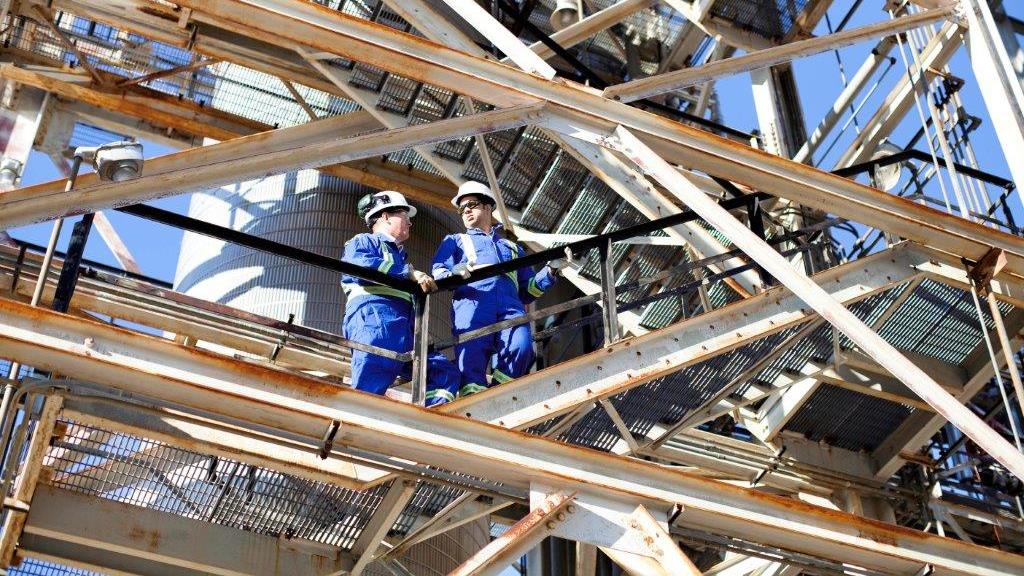

Register for MEED's guest programme
UK-based engineering contractor Petrofac and its partner China Huanqiu Contracting & Engineering Corporation (HQCEC) are carrying out ongoing civil engineering work at the site of their petrochemicals project in Algeria, which is valued at approximately $1.5bn.
Sources have said that work at the site started two months ago and is ongoing, despite concerns among analysts about Petrofac’s financial problems.
On 19 April, Petrofac warned investors about profit and said it would delay its full-year 2023 results, which it now expects to publish by 31 May 2024.
In the wake of the warning, some analysts have said that a breakup of the business in some form may be likely.
Trading of the company’s shares was suspended on 1 May and will only resume when the company’s 2023 financial results are published.
One source said: “Work on the site of the petrochemicals project started two months ago and is continuing with no apparent problems on the ground.”
Petrofac and HQC signed the engineering, procurement and construction (EPC) contract for the Algerian petrochemicals project in June last year.
HQC is a subsidiary of China National Petroleum Corporation (CNPC).
The project is being developed in the Arzew Industrial Zone to the west of Algiers and the contract was signed with STEP Polymers, a wholly owned subsidiary of Algeria’s state-owned oil and gas company Sonatrach.
When the contract was signed, Petrofac said that its portion of the project was valued at about $1bn.
The project’s scope includes designing and building two major integrated processing units.
It includes the delivery of a new propane dehydrogenation (PDH) unit and polypropylene production unit, as well as associated utilities and infrastructure for the site.
It is expected to produce 550,000 tonnes of polypropylene a year.
Petrofac has been active in Algeria since 1997, when it opened its first office in Algiers. The company has since developed some of the country’s most significant oil and gas assets.
Polypropylene, a thermoplastic, is used for many industrial applications, such as consumer goods, medical supplies and parts for the automotive industry.
In the PDH process, propane is selectively dehydrogenated to create propylene. Industrial implementation of PDH is complicated owing to side reactions such as deep dehydrogenation, hydrogenolysis, cracking, polymerisation and coke formation.
Algeria is seeing an uptick in interest in its oil, gas and petrochemicals sectors as Western countries look to North African suppliers to replace imports from Russia amid the ongoing war in Ukraine.
You might also like...

Jordan hosts humanitarian summit for Gaza
14 June 2024

EBRD agrees $48m loan for Elmed grid link
14 June 2024

Italy at centre of new reduced Europe
14 June 2024
A MEED Subscription...
Subscribe or upgrade your current MEED.com package to support your strategic planning with the MENA region’s best source of business information. Proceed to our online shop below to find out more about the features in each package.








